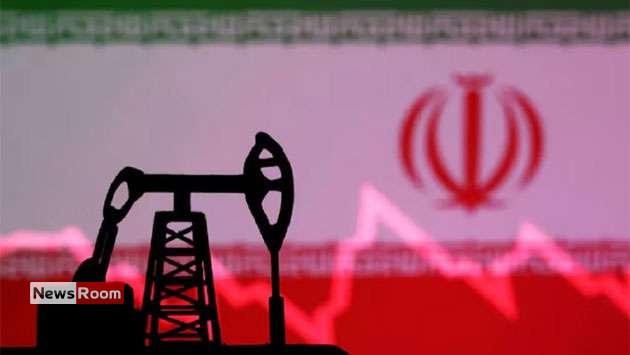The United States imposed sanctions on Wednesday on Chinese refiner Shandong Shengxing Chemical Co. Ltd for purchasing more than $1 billion worth of Iranian crude, as President Donald Trump’s administration seeks to increase pressure on Tehran.
The move will increase pressure on Chinese importers of Iran, including efforts to bring its oil exports to zero, the U.S. Treasury Department said in a statement, as Trump seeks to revive his “maximum pressure” campaign against Iran.
The move comes as the Trump administration restarted talks with Iran over its nuclear program this month, following talks in Oman last weekend and a second round expected in Rome this weekend.
“The United States today imposed sanctions on Shandong Shengxing Chemical, an independent ‘teapot’ refiner based in China, for purchasing more than $1 billion worth of Iranian crude oil,” a U.S. State Department statement said.
“The President is committed to reducing Iran’s illicit oil exports to China to zero. The United States is also imposing sanctions on several companies and vessels that facilitate the shipment of Iranian oil to China as part of Iran’s ‘shadow’ fleet,” it added.
China does not recognize the U.S. sanctions and is the largest importer of Iranian oil. China and Iran have built a trading system that largely uses the Chinese yuan and a network of intermediaries to avoid exposure to the dollar and U.S. regulators.
“Any refiner, company or broker that chooses to buy Iranian oil or facilitate trade in Iranian oil puts itself at serious risk,” Treasury Secretary Scott Besant said in a statement.
“The United States is committed to disrupting all actors who support Iran’s oil supply chain, a process that the regime uses to support its terrorist allies and partners.”
During his first term, Trump withdrew the United States from a 2015 deal between Iran and world powers that had placed severe limits on Tehran’s uranium enrichment activities in exchange for sanctions relief. Trump also reimposed broad U.S. sanctions.
Since then, Iran has largely exceeded the uranium enrichment limits set out in the deal.
Western powers accuse Iran of having a covert agenda to develop a nuclear weapons capability by enriching uranium to a higher level of fissile purity than what they say is justified for a civilian atomic energy program. Tehran says its nuclear program is entirely for civilian energy purposes.
